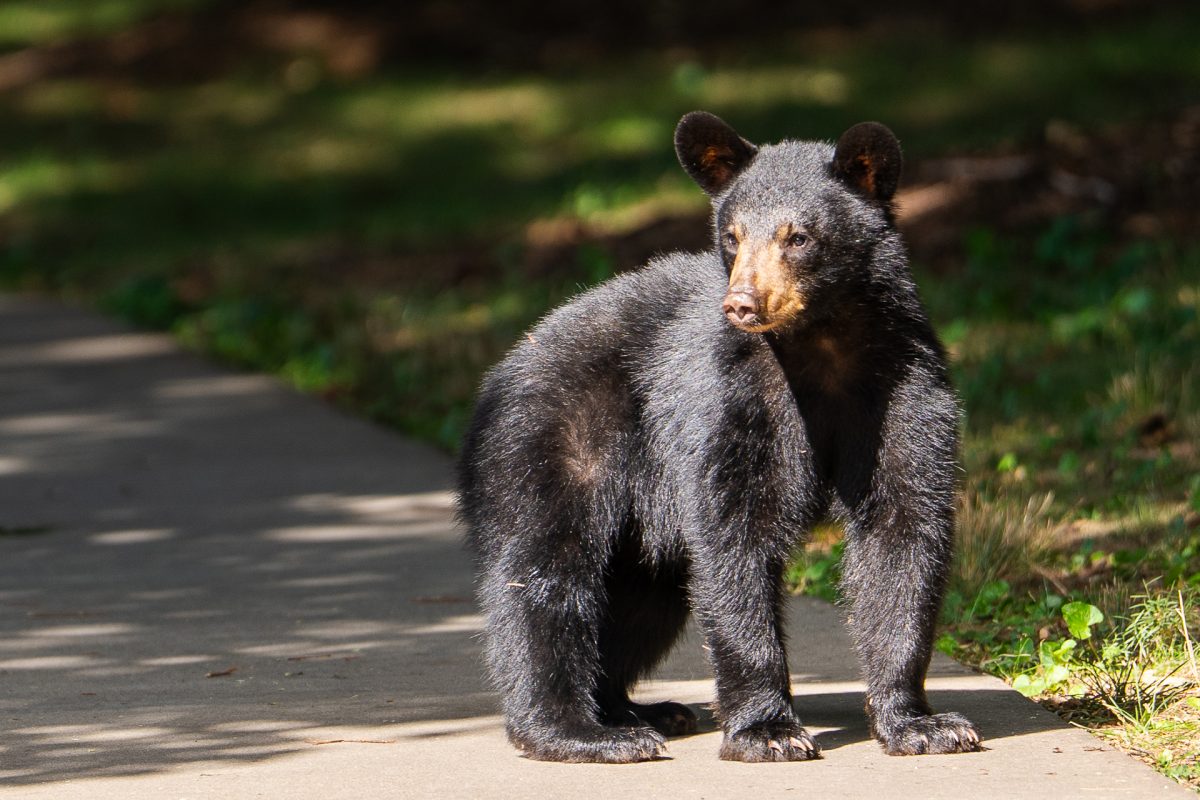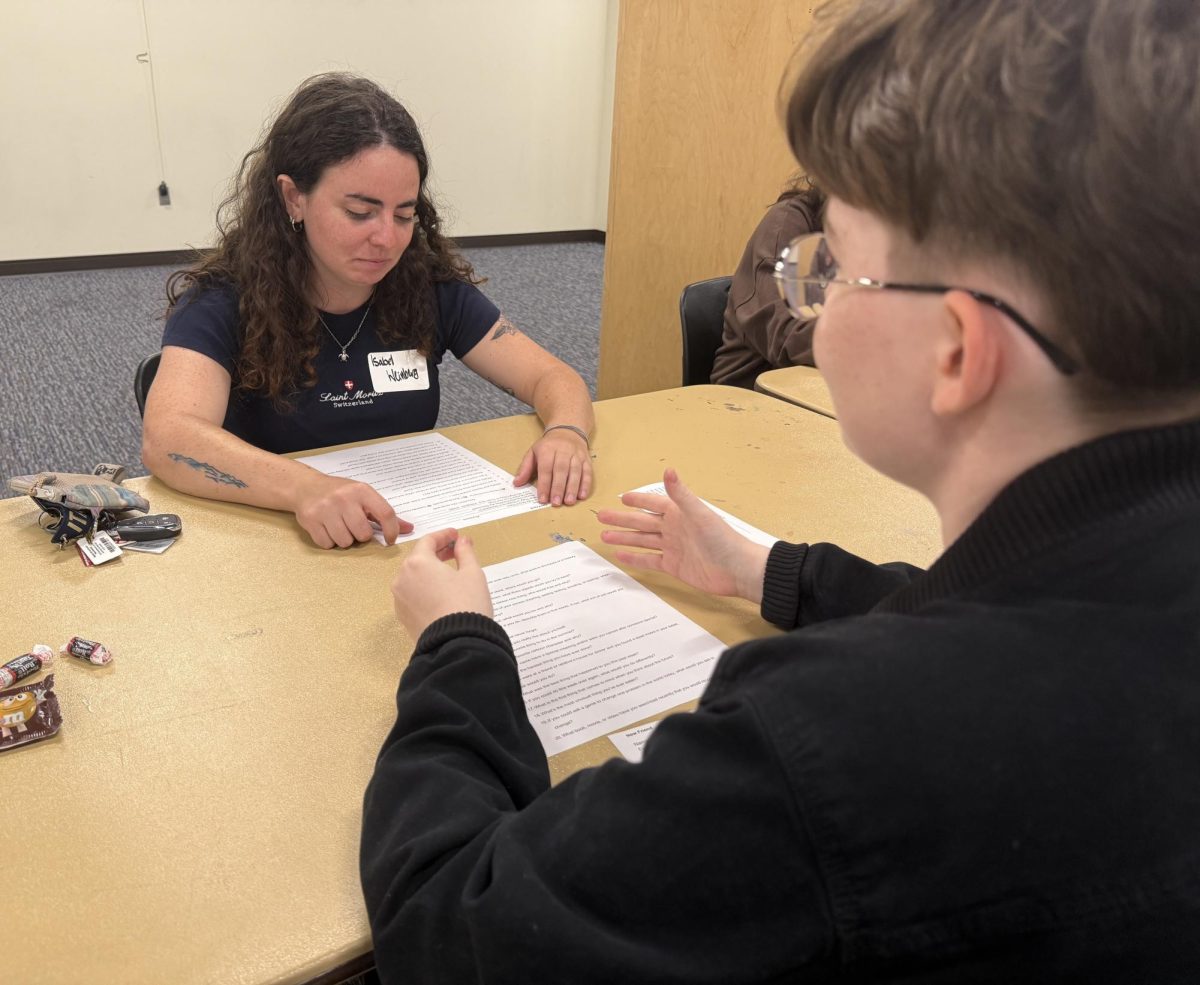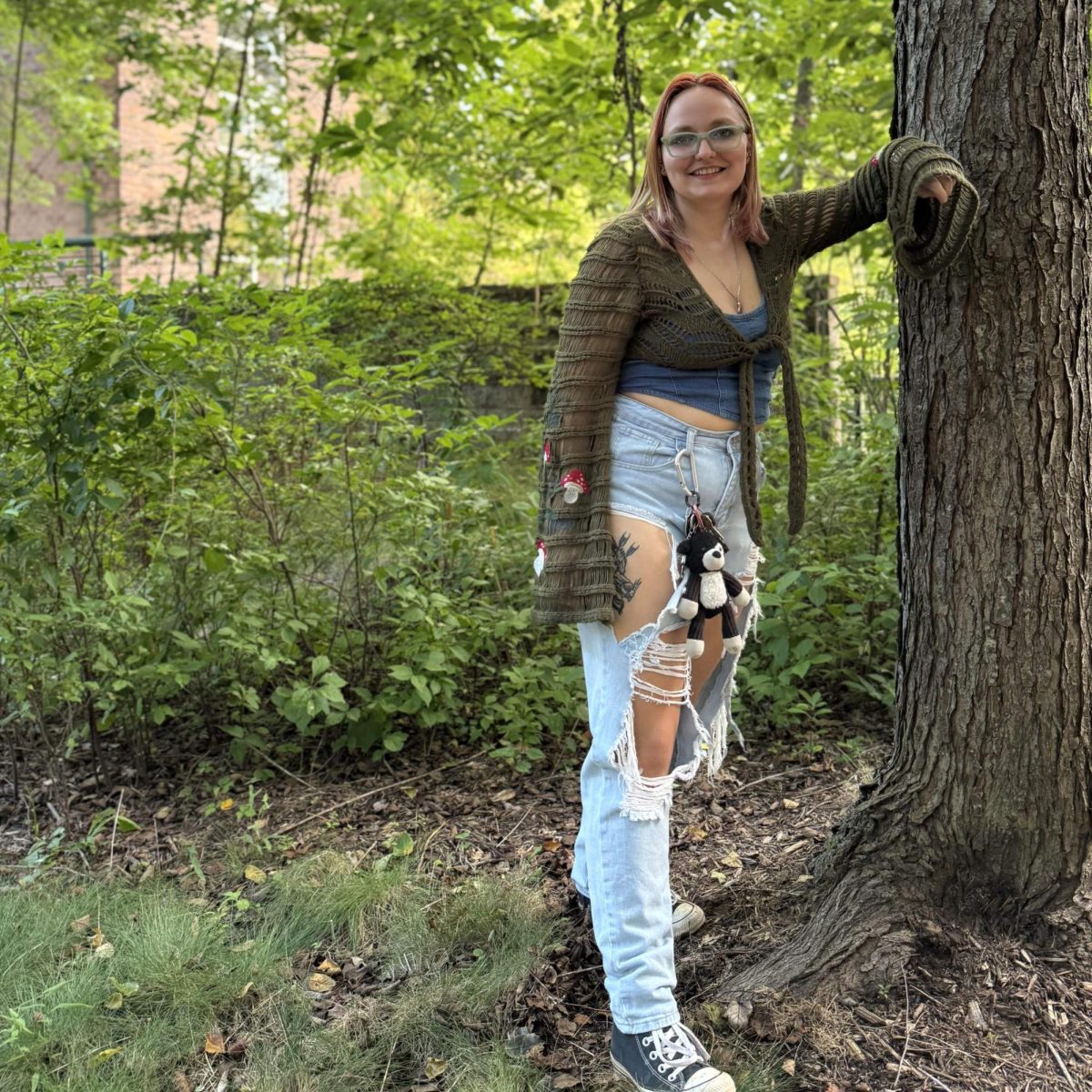Emma Shock
A&F Staff Writer
[email protected]
The audience fills the seats of Lipinsky Auditorium, eager to hear writers discuss their creative processes, as soulful chords are strummed on the banjo before introducing the debuting novel.
Wiley Cash, writer-in-residence at UNC Asheville, launched the tour promoting his latest book, The Last Ballad, at the university on Oct. 3 with fellow novelist Charles Frazier and local musician Shannon Whitworth.
Cash based the novel on the true story of the Loray Mill strike, which occurred in his hometown of Gastonia. He chronicles this event through the lives of single mother Ella May Wiggins and others involved with the textile mill to give readers a captivating experience.

“The Last Ballad was absolutely the most difficult book I’ve ever written, and I’ve only written three, but it was easily the most difficult,” Cash said.
Set in 1929, the specificity of the technology, politics and culture as well as the societal clashes unfolding at the moment added to the difficulty of telling the story, Cash said.
When writing historical fiction, authors conduct extensive research to depict the realities on which they base stories, Cash said. They pay special attention to the tools, dress and speech of the time to create an accurate story for readers.
“What I begin to think about is trying to communicate an experience to the reader that matches the experience of the characters themselves,” Cash said. “Historical fiction can get weighed down in facts, but contemporary life can get weighed down in facts as well. If you can allow your characters to live in the world as freely as you and I live in the world, then your historical fiction just feels like life.”
With the new novel set in the Appalachian region, Cash said UNCA fit in naturally as the place to begin his book tour. He learned about many of the cultural and historical contexts featured in the novel through his time as an undergrad at UNCA.
Miles Kish, a sophomore political science student, said Cash participated in Sigma Nu, which he plans to pledge in the spring and decided to attend the event to learn more about him.
“I knew Wiley Cash was an alumnus, and while I haven’t read anything of his, I was curious to see how UNCA was different then versus now and what his experience was like here,” Kish said.
Cash said he credits his beginnings as a writer to his time at the university, which he said he chose because of its creative writing program.
“I was serious about trying to be a published writer and I wanted to study under serious published writers who had a background in world literature,” Cash said. “That’s what I found at UNCA.”
Elizabeth Underwood, senior director of alumni relations, studied literature with Cash from 1996 to 2000. Underwood reconnected with Cash to organize an event at the school to promote his third book.
Cash’s tour will include 40 stops with 10 alumni receptions in cities such as Gastonia, Wilmington and Atlanta. Cash will first speak at the reception about how the university shaped his career and life before speaking about the book at the event, Underwood said.
“He and I both earned degrees from UNC Asheville and went on and earned Ph.D.’s from other institutions,” Underwood said. “Through that process, we realized what an amazing institution UNC Asheville is.”
Along with the university’s influence, Cash said his upbringing in a culture where family and friends sat together recounting stories developed his interest in storytelling and writing.
Cash said he originally planned to focus on poetry after growing up listening to The Doors and reading Jim Morrison’s poetry. His plans changed when he discovered the power of storytelling through fiction and nonfiction, and started his career as a writer instead of a poet.
“As a kid I grew up reading, and it wasn’t long before I started trying to tell the kinds of stories I’d always liked to read,” Cash said.
With releasing The Last Ballad and developing plans for future books, Cash said he struggles at times with his career as a full-time writer, but sharing his passion with the campus that defined him outweighs the difficulties.
“The outside world is being filtered through my mind and it’s being distilled to the page in a way that feels real,” Cash said. “That’s one of the best things about writing.”


![Brooke Pedersen [second from the right] and Luis Reyes [right] hold banners during the Wrap The Woods event.](https://thebluebanner.net/wp-content/uploads/2025/09/ELIZABETH_PRITCHITT_IMG_3470-1200x804.jpg)



















